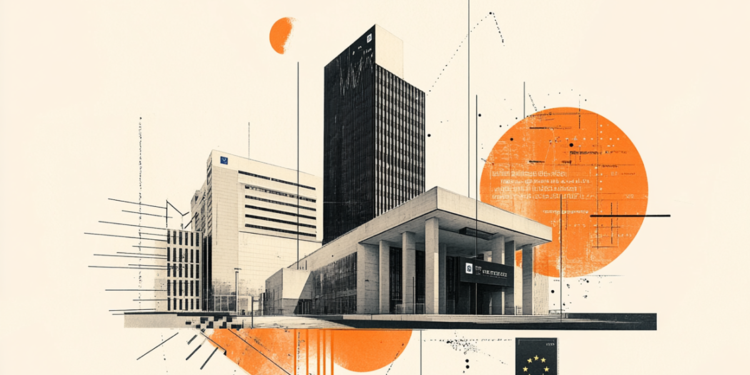More than 4,500 people are targeted by attempted financial scams every hour in Brazil, according to a Datafolha survey released on Tuesday (13). The crime occurs through messaging apps or phone calls, usually with criminals posing as bank employees.
The survey, commissioned by the Brazilian Public Security Forum (FBSP) and the newspaper “Folha de S.Paulo”, interviewed 2,508 people in all regions of the country, between June 11 and 17.
Around 2,500 people said they paid for products online that were not delivered, and another 1,680 victims had their cell phones stolen or robbed in the country.
Another fact highlighted by the survey is the high rate of underreporting of cybercrimes. According to Datafolha, only 30% of respondents who admitted to having been victims of scams involving fake Pix or bills filed a report at police stations.
According to a projection by Datafolha, based on the proportion of people interviewed and the size of the population, financial scams represent a loss of R$25.5 billion to the population in 12 months, an estimated value of damages caused only by scams applied via Pix and fake bills.
The card machine scam, for example, victimized 2.6% of those interviewed, which represents a population of 4.2 million and 482 cases per hour, on average. Victims of this type of crime reported to Datafolha that they lost R$1,142, on average, when they fell for the scam.
According to the research, virtual scam attempts, especially via messaging apps and phone calls, affect more those who earn between 5 and 10 minimum wages, have higher education, live in cities with more than 500,000 inhabitants and have completed higher education.
This profile is also the most frequent target of other types of cybercrime. Among those who have had their personal data leaked online without consent, for example, 22% earn more than ten minimum wages.
Source: CNN Brasil
I’m James Harper, a highly experienced and accomplished news writer for World Stock Market. I have been writing in the Politics section of the website for over five years, providing readers with up-to-date and insightful information about current events in politics. My work is widely read and respected by many industry professionals as well as laymen.







